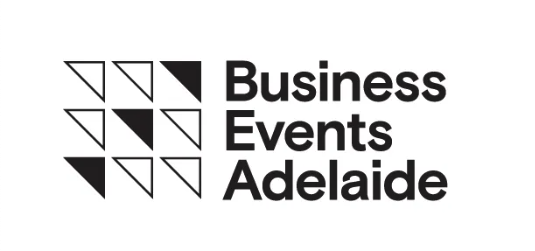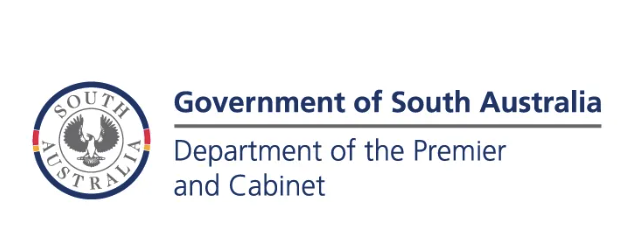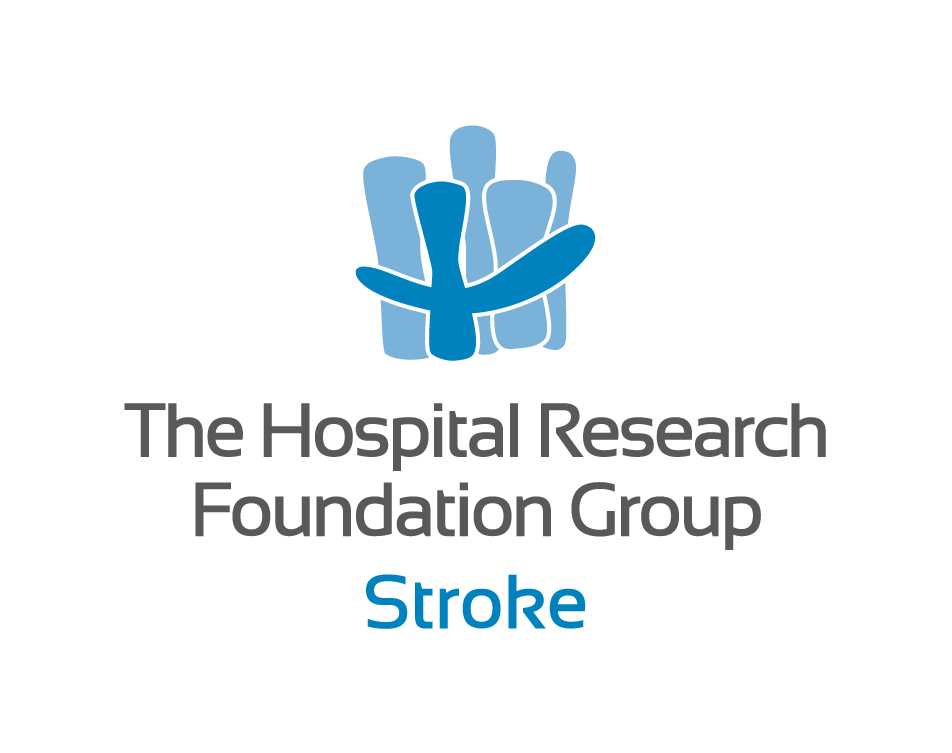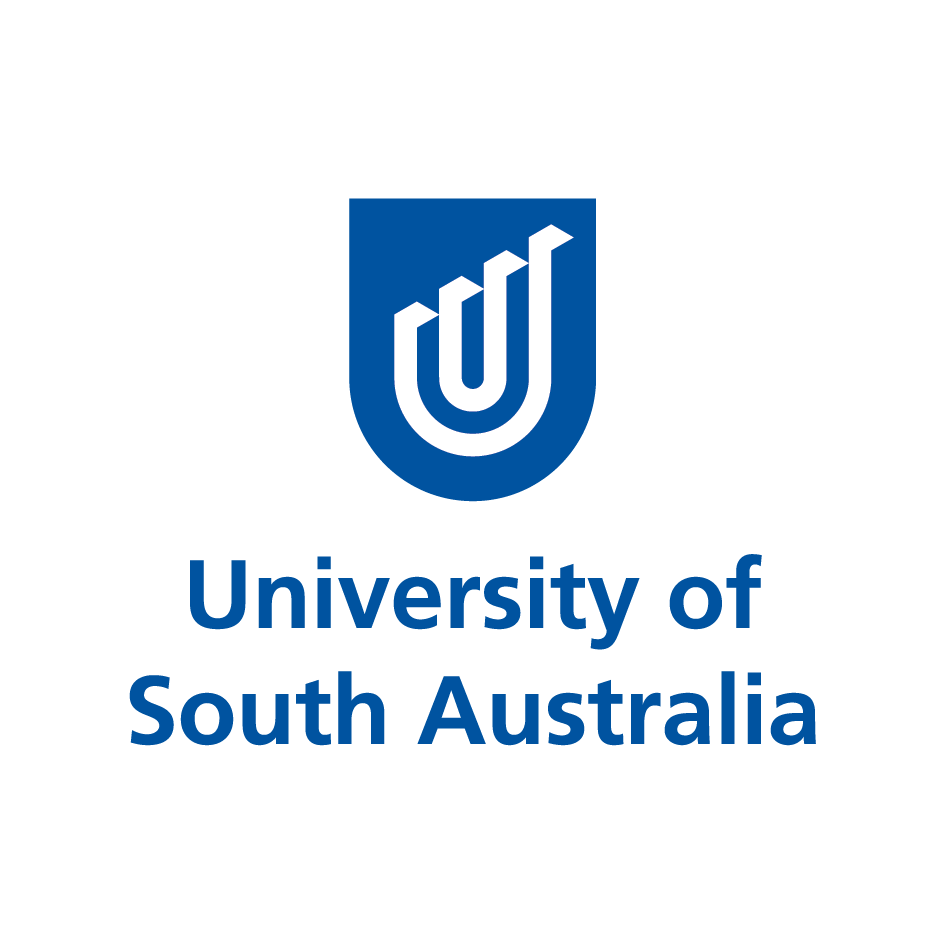PRE-CONFERENCE WORKSHOP – DOMESTIC AND FAMILY VIOLENCE AND BRAIN INJURY
Brain injury is the leading cause of death and disability resulting from Family, Domestic and Sexual Violence (FDSV). Victim-survivors of FDSV with brain injuries – from external force applied to the head or non-fatal strangulation – are an emerging cohort in urgent unmet need of services and supports. The Australian Government’s National Plan to End Violence against Women and Children 2022-2032 calls for “more research to inform response and recovery efforts to be able to identify and treat brain injuries”.
Brain Injury Australia’s 9th National Brain Injury Conference – to be held at Adelaide Oval from the 24th to 26th September 2024 – continues the peak body’s pursuit of advocacy and awareness-raising that began with Brain Injury Australia’s report into Australia’s first research into FDSV and brain injury funded by the Victorian Government and launched in May 2018 by 2015’s Australian of the Year, Rosie Batty AO. Among the research’s key findings: 2 in every 5 of the 16,000 victims of FDSV attending Victorian hospitals over a decade had sustained a brain injury.
The 9th National Brain Injury Conference welcomes one of the world’s leading researchers into FDSV and brain injury – Dr. Eve Valera (above, far left), an Associate Professor in Psychiatry at Harvard Medical School, a Research Scientist at Massachusetts General Hospital in Boston and leader of The Valera Lab at the Athinoula A. Martinos Center for Biomedical Imaging. Dr. Valera will both lead a pre-Conference Workshop on FDSV and brain injury on Tuesday 24th September and deliver an International Keynote Address on day two of the Conference on Thursday 26th September, where she will be introduced by Katrine Hildyard MP (above, far right), the South Australian Minister for Women and the Prevention of Domestic and Family Violence, Minister for Child Protection, and Minister for Recreation, Sport and Racing. Dr. Valera was the first researcher to use neuroimaging to investigate the effects of FDSV on women’s neural connectivity and cognitive function. She has authored over 50 publications and is a reviewer for more than 60 journals and travels the world training stakeholders – FDSV services, clinicians, law enforcement, judicial officers etc. – and raising awareness of this global epidemic.
The pre-Conference Workshop will be co-led by forensic pyschologist Dr. Julienne Long (above, second from left) who has has worked in the field of FDSV victimisation for over 20 years, the last 9 years with the Prosecutor’s Office in Columbus City, Ohio. She currently holds a supervisory role at the Prosecutor’s Office in the Domestic Violence and Stalking Unit and is a consult on the Blueprint for Safety Initiative, addressing the justice system’s response to Domestic and Family Violence protocols and procedures. She has worked with the internationally-renowned Ohio Domestic Violence Network in their policy division and is a consultant to Ohio State University’s College of Public Health, where she focuses on brain injury resulting from FDSV.
Drs. Valera and Long will be joined by The University of Sydney’s Associate Professor Michael Buckland (above, second from right) Head of Neuropathology at Royal Prince Alfred Hospital and Founding Director of the Australian Sports Brain Bank and the Australian Veterans Brain Bank. Dr. Buckland recently diagnosed the first Australian cases of the progressive brain disease – Chronic Traumatic Encephalopathy (CTE) – in women with histories of serial FDSV. (CTE has typically been found in the brains of deceased sportspeople who have sustained multiple concussions.)
The pre-Conference Workshop will provide attendees with:
- the ability to identify, assess and respond to potential Family, Domestic and Sexual Violence (FDSV)-related Traumatic Brain Injury (TBI) – the result of external force applied to the head – and hypoxic-anoxic brain injury the result of deprivation of the supply of oxygen due to strangulation;
- an understanding of traumatic stress and core principles of trauma-informed approaches to supporting victim-survivors of FDSV with a brain injury;
- recognition of the various ways brain injuries can impact overall health and well-being of FDSV victim-survivors; and
- an understanding of the ways a brain injury can contribute to challenges accessing, interacting with and utilising services responding to FDSV.













